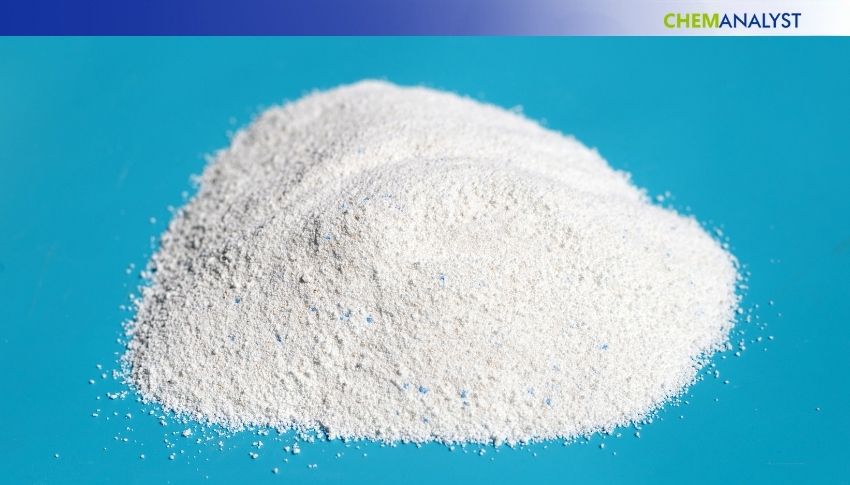Welcome To ChemAnalyst

In early July 2025, the Asia-Pacific Dipotassium EDTA market maintained a steady tone, supported by uninterrupted production and balanced downstream demand. Procurement remained cautious as buyers relied on existing inventories built during earlier stable periods. There were no major disruptions in distribution, and demand from pharmaceutical and nutraceutical sectors followed routine consumption cycles. The market's stability was further reinforced by disciplined supplier pricing and the absence of aggressive restocking, reflecting a well-aligned supply-demand scenario across the region.
The Asia-Pacific market of Dipotassium EDTA (xxx, pharmaceutical grade) has displayed a steady performance in the first half of July xxxx. This moderation in market movement was primarily the result of well-synchronized production cycles in key manufacturing zones and a cautious procurement pattern among the buyers. The overall market sentiment was steady with no urgent stockpiling or aggressive buying activity noted. The Dipotassium EDTA suppliers have adopted a strategically stable pricing approach to maintain competitiveness while buyers showed prudence in inventory management. The key consumers of Dipotassium EDTA has continued their regular offtake without major fluctuation that indicated sustained but unaggressive demand.
The Dipotassium EDTA market equilibrium was achieved through uninterrupted supply from major production hubs. The availability was consistent across key regional nodes with no distribution bottlenecks. The buyers across the region have adjusted procurement according to existing stock levels...
We use cookies to deliver the best possible experience on our website. To learn more, visit our Privacy Policy. By continuing to use this site or by closing this box, you consent to our use of cookies. More info.
